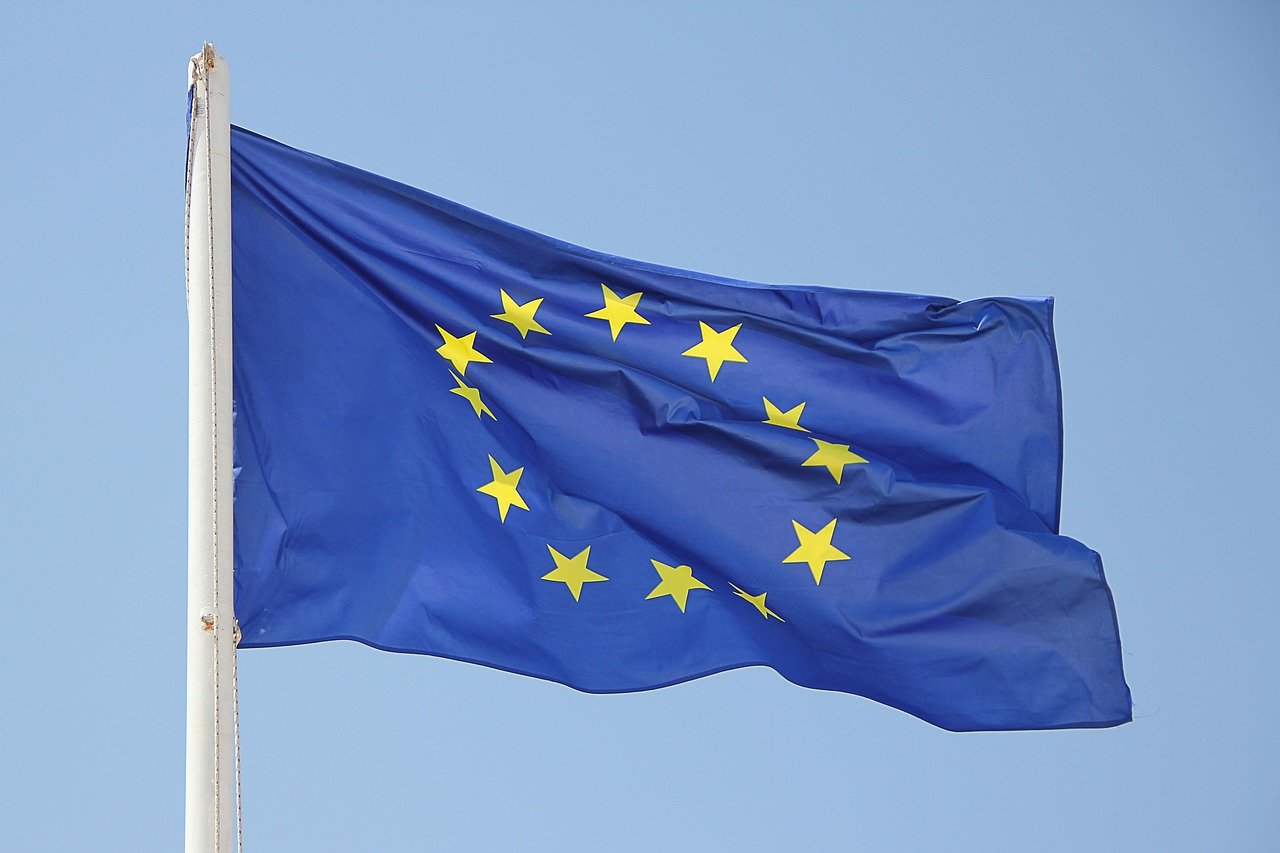France has renewed its call for the European Union (EU) to impose price controls on its carbon market by establishing a “corridor” to limit extreme fluctuations, according to a government document seen by Reuters.
The EU’s emissions trading system (ETS) is its primary tool for reducing carbon dioxide (CO2) emissions, requiring power plants and industrial manufacturers to purchase permits for each ton of CO2 they emit.
While the system incentivizes emissions reductions and funds climate projects, it has faced criticism—particularly from Poland—over concerns that financial speculators drive price volatility.
According to Reuters, France had a plan to propose measures to stabilize carbon prices during a closed-door meeting of EU ministers on Thursday.
A French government paper suggests introducing a price corridor that would set minimum and maximum price limits, ensuring prices remain within a controlled range.
Additionally, France is calling for a review of the market stability reserve to address what it sees as flaws in the system.
Relevant: Is UK-EU ETS Linking a Viable Path to Decarbonization?
French Climate Minister Agnès Pannier-Runacher, who spoke to reporters in Brussels, emphasized the need for stable, long-term pricing signals to help companies plan and invest accordingly.
France has already secured support from some EU nations, including the Czech Republic, though broader consensus remains uncertain.
The European Commission declined to comment on Thursday, noting that the ETS policy is not scheduled for review until 2026.
Meanwhile, EU carbon prices traded at approximately $76 (€70) per ton on March 27, reflecting recent declines in gas prices.
While prices peaked above $108 (€100) per ton in 2023, analysts predict they could surpass that level again by the end of the decade as the supply of carbon permits tightens.
Read more: New Report Analyzes The Supply-Demand Outlook In EU ETS Through 2030
«Carbon markets channel finance into climate action,» Alex Saer, Cercarbono CEO
